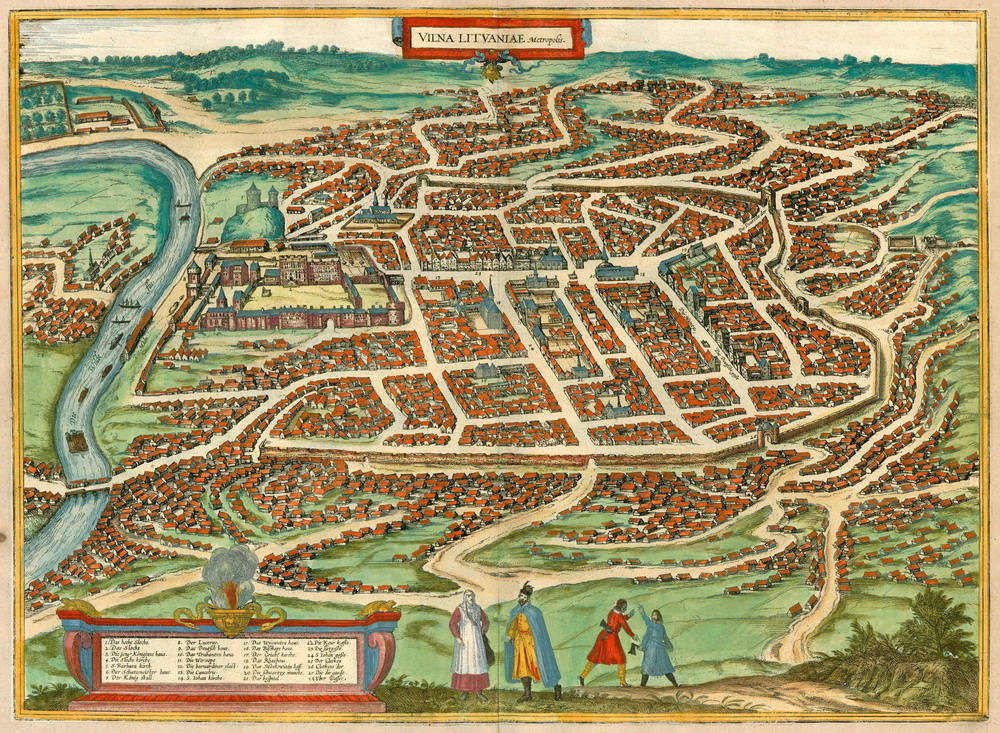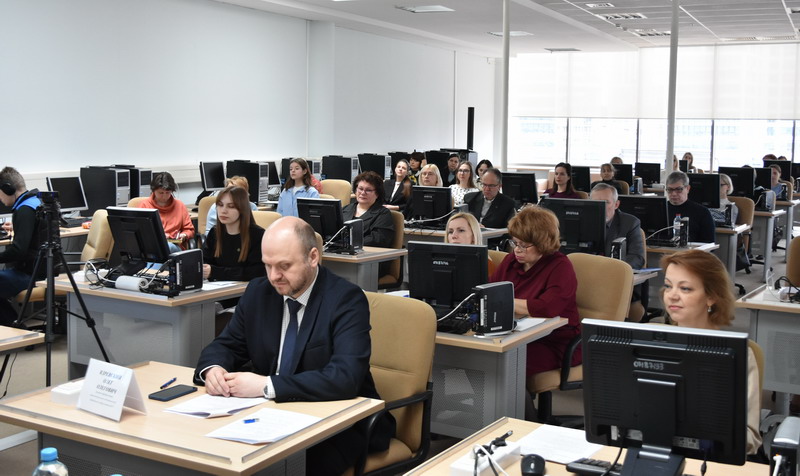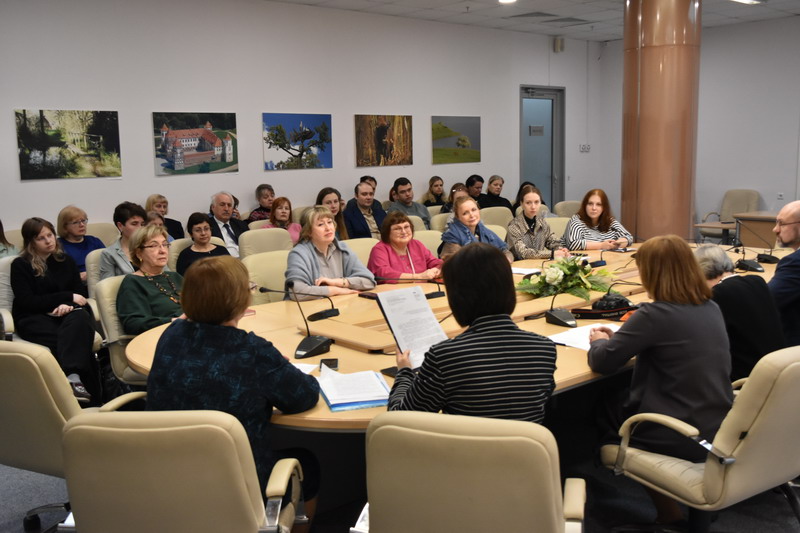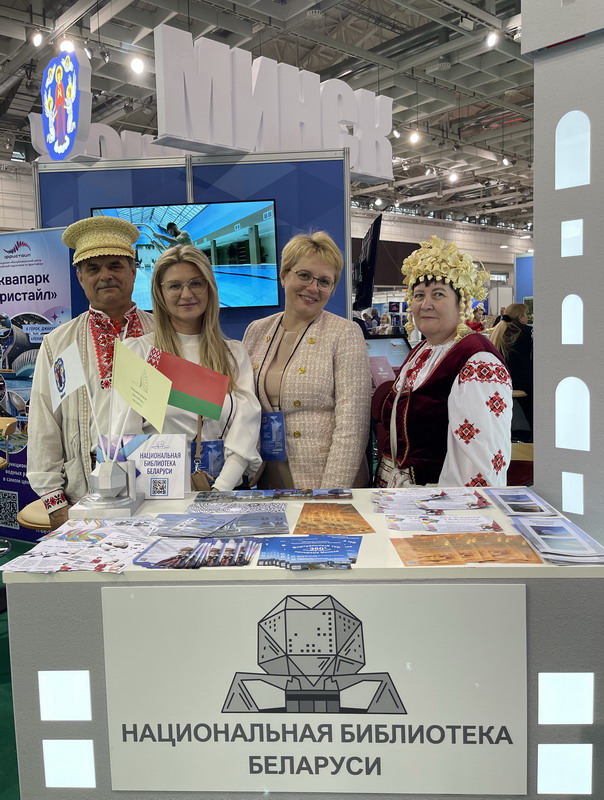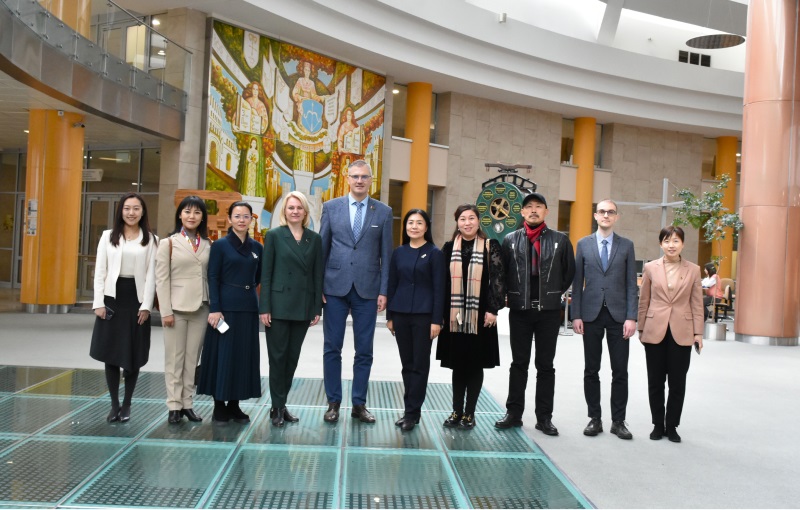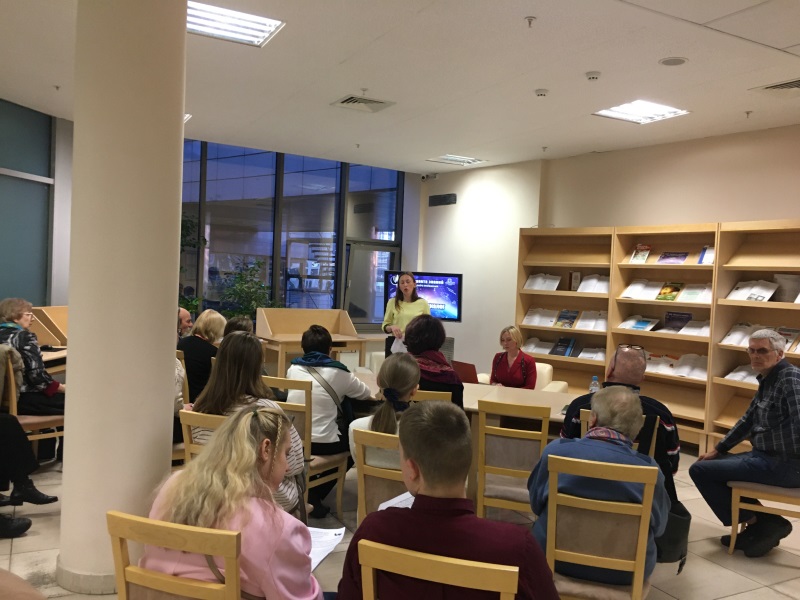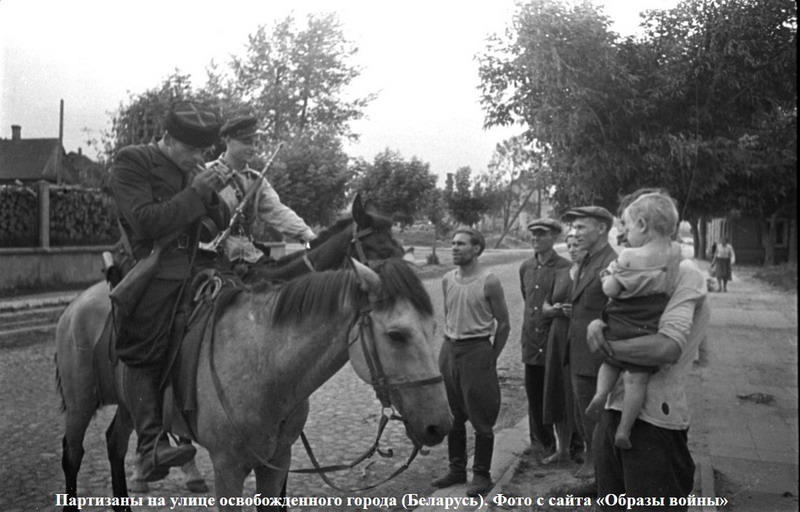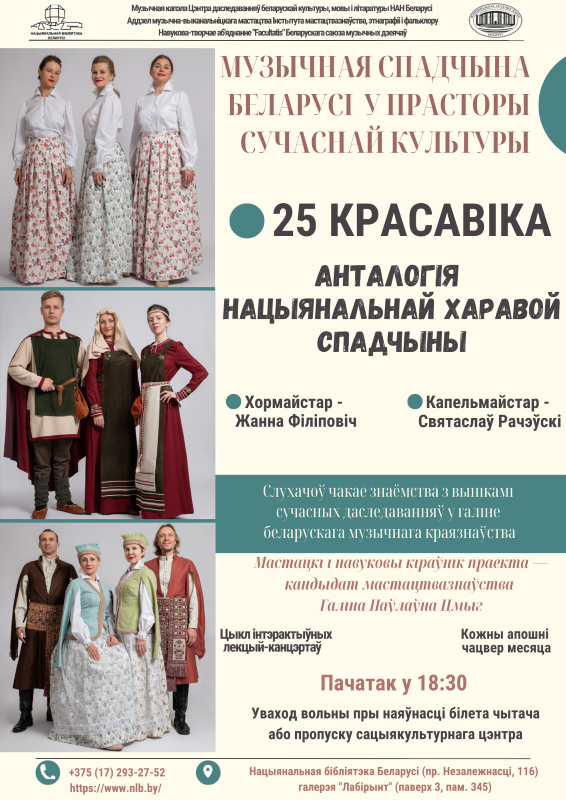The thematic exhibition "Privileges and Liberties of the Cities of the Grand Duchy of Lithuania" dedicated to the 390th anniversary of Magdeburg Law in Belarus. The exhibition is on show in the Legal Information Reading Room from October 12, 2020, to January 4, 2021.
Magdeburg city law spread to the territory of the state after Union of Krewo had been made between the Grand Duchy of Lithuania and Poland in 1385. --dd-- Brest (1390), Grodno (1391), Slutsk (1441), Polotsk (1498), Minsk (1499) and others were the first among the Belarusian cities. The adoption of the Magdeburg law let a city to be exempt from many duties, and citizens were entitled to free trade, landholdings around the city, fishing, etc. A general and equal right for all residents was proclaimed, and personal dependence was denied. An important place in the legal views of citizens was the idea of the "common good." The privileges of self-government were issued under the signature of the Grand Duke. The Grand Duke was interested in the transition of cities to self-government and strengthening their economic situation: the richer the city, the more stable taxes came to the state treasury. Simultaneously with the Magdeburg Law, cities receive the right to have their own coat of arms.
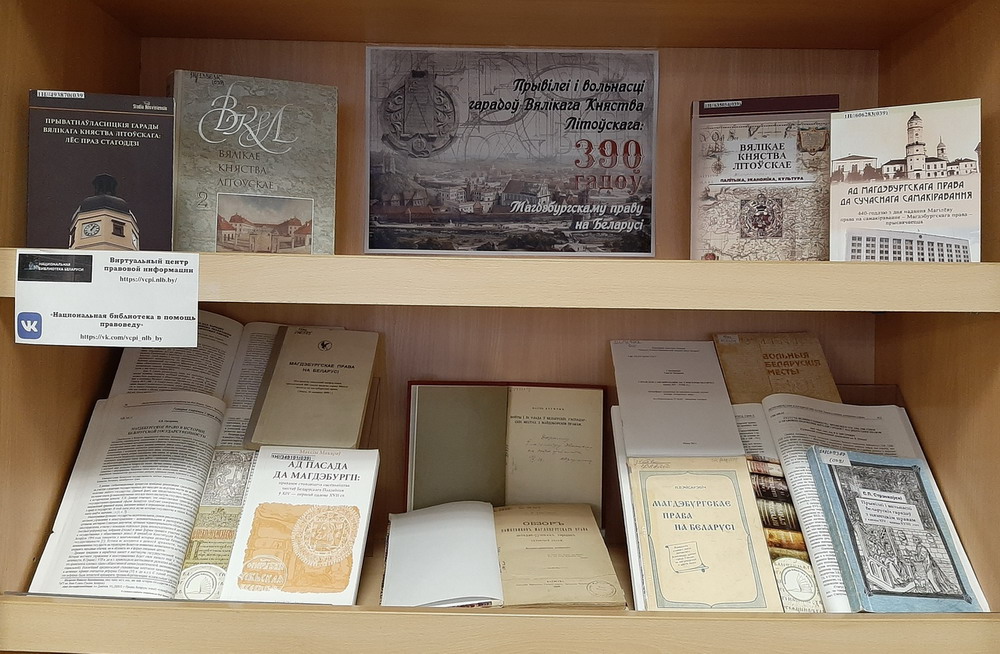
Magdeburg law did not give ready standards of organization of city power, it could not be mechanically transferred from the German lands. The law was applied in accordance with specific local conditions and was subject to changes if necessary. According to the certificates, self-government bodies independent of governors and governors were created in the cities of Belarus. The city administration was headed by a "Wójt" (senior civil administrative officer), whose competence could differ in different cities. The city council and burgomasters acted together with the "wójt" in the field of daily affairs, their number was not the same in the cities. Citizens elected the magistrate: burgomasters, "radtsy" and "lavniky" (members of a magistrate) for a year of service. A feature of the Magdeburg Law on the territory of the Grand Duchy of Lithuania was the preservation of the role of "veche", a meeting of citizens focused on the solving of the issues important for the city. However, in cases where there were gaps in legislation or it was considered appropriate to use a particular custom, the rules of Magdeburg law were supplemented and amended in accordance with the sources of law that already existed in the area. From the middle of the XVII century, the Statute of the Grand Duchy of Lithuania began to supplant the Magdeburg Law in city courts to the second position.
In 1793, as a result of the second partition of Poland, a part of the Belarusian lands was annexed by the Russian Empire. The Magdeburg law was abolished by a decree of Empress Catherine II in 1795.
The exhibition is targeted to historians and lawyers, teachers, graduate students and university students and everyone who is interested in the history of the state and law of Belarus.
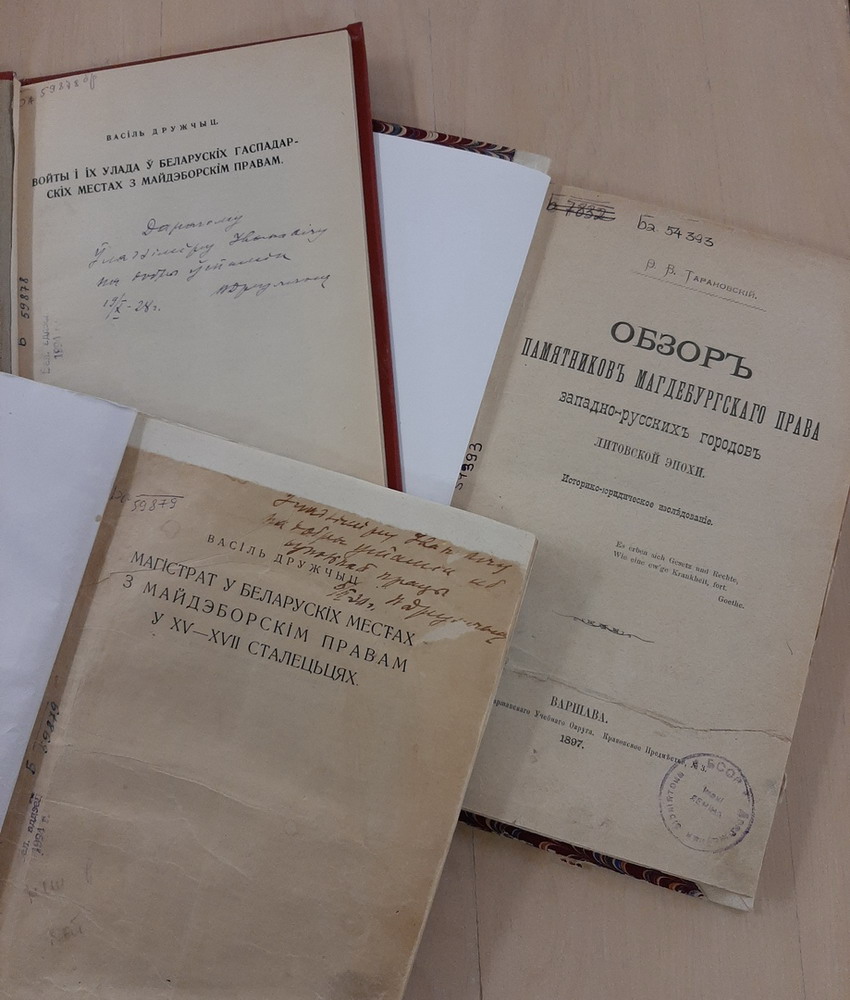
The exposition includes more than 70 documents: books, dissertation abstracts, periodicals.
The exhibition includes the following thematic sections:
- The Magdeburg Law in the History of Belarusian Statehood
- The influence of the Magdeburg Law on the socio-economic development of the Belarusian lands
- Family relations according to Magdeburg Law
- Freedoms of cities and their implementation on Belarusian lands
- City self-government in Belarus: historiography and source study aspects
For more info: (8 017) 293 28 68, (8 017) 293 27 28.
Official Documents Service Department

